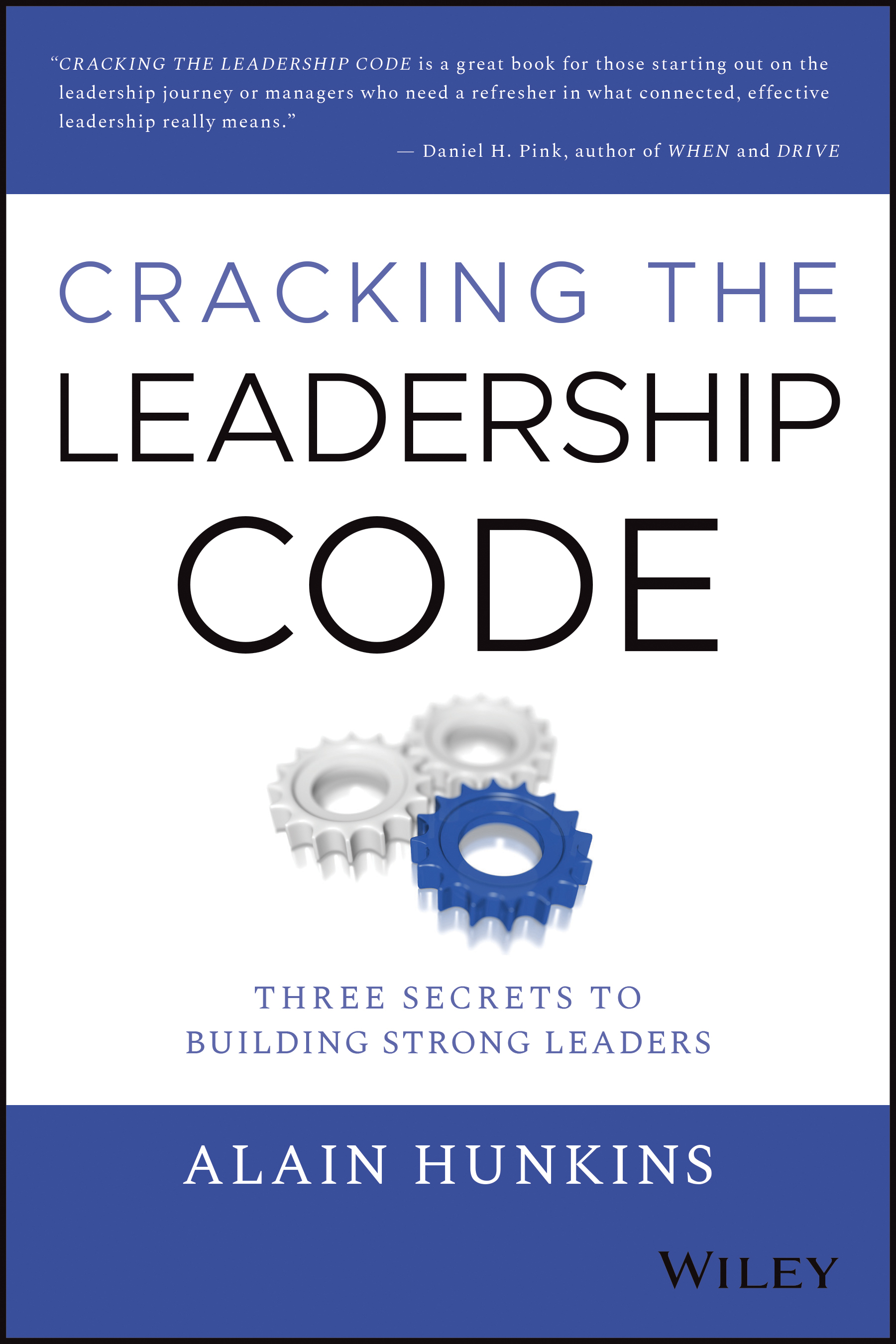The coronavirus has rocked our world in just about every way imaginable. Four billion people on the planet are in some form of lockdown. Everyone is trying to adapt and make the best of a terrible situation. On the business front, entire sectors of the economy have ground to a halt, while the industries still standing have abruptly shifted to working in a virtual environment.
The 21st-century business landscape was already zooming along with unprecedented volatility and change. This pandemic is change on steroids. Fear and uncertainty are spreading as fast as the virus itself. In the last few weeks, I’ve spoken with leaders at all levels across a wide variety of industries. Everyone’s asking the same questions: Now what? How do we get on with anything that resembles “business as usual”? How am I supposed to lead?
While it may feel like the sky is falling and everything’s in flux, that’s not an accurate assessment of the current reality. Many things have not changed. One constant is we’re still working with other humans. Another is we still need to lead. The fundamentals of effective leadership have not changed. Yes, the principles need to be tweaked for this strange, new context, but they still apply.
One Essential Leadership Tip
Here’s an essential leadership idea worth keeping front and center right now:
How people feel significantly impacts how they perform.
In 2014, Tony Schwartz and Christine Porath published leadership research in an article for The New York Times that became the newspaper’s most shared article of the year. It was called “Why You Hate Work.” They found that “feeling cared for by one’s supervisor has a more significant impact on people’s sense of trust and safety than any other behavior by a leader.”
If ever there were a competition for softest metric, feeling cared for would win the prize. It sounds more touchy-feely than anything else. Who’s got time for something that fuzzy when you’re just trying keep your business alive? What does feeling cared for have to do with anything going on right now?
Plenty. It turns out that this warmth and fuzziness translates directly to the bottom line. Schwartz and Porath’s research found that “employees who say they have more supportive supervisors are 1.3 times as likely to stay with the organization and are 67 percent more engaged.” Gallup found that “the behaviors of highly engaged business units result in 21% greater profitability.”
Creating a culture where employees are engaged was challenging enough in our pre-pandemic world. Right now? You may be having a tough enough time engaging yourself.
Amy, a leader of a team of eight, told me, “I’m finding myself going for walks in the middle of the day instead of focusing on the project I’m in the middle of. The work just doesn’t seem that important right now. I would never have done this a month ago. If I can’t stay focused, how can I expect my team to be?”
Amy’s experience makes perfect sense. When people are in panic mode, it’s extremely difficult to focus on the task at hand. It’s how we’re wired.
Focusing in ‘Panic Mode’
Neurologically, the older parts of the human brain (known as the reptilian and limbic systems) are responsible for processing activity about survival and emotions. When they perceive a threat, they go on high alert and consume the vast majority of our cognitive bandwidth.
The neocortex, home of the higher-level cognitive functions (like analysis, innovation, and communication), gets left out in the cold. You literally can’t think straight. No wonder everyone’s felt so underproductive for the last few weeks.
The only way to get the neocortex back online and operational is to quiet those older parts of the brain. Those old guardians will simmer down when they perceive things are safe. They need signals that tell them it’s OK to trust.
This is where your leadership comes in. As Schwartz and Porath stated, the way to create safety and trust is by caring for the people you lead. Thinking you care isn’t enough; it needs to be demonstrated through your words and actions. People need to feel in their bones that you seek to understand them and care about how they feel.
Showing Employees You Truly Care
Make time to regularly check in with people one-on-one. Ask them how they’re feeling. Ask them what’s on their minds. Ask them how you can support them. And listen, listen, listen. While you can’t necessarily solve their problems, the experience of being fully listened to will allow their nervous systems to start to calm down.
These check-ins shouldn’t just be nice-to-dos on the agenda. These check-ins should be your top priority. You can’t expect people to do their jobs well if they can’t think well.
While no one asked for it, our whole world is experiencing massive turbulence. The oxygen masks have dropped down in front of our faces. As a leader, it’s time to practice daily self-care. That’s the equivalent of putting your own oxygen mask on first.
Next, care for your people. Staying connected and being empathetic are your ways to help them put their masks on. These are the best things you can do today, tomorrow, the next day, and next week. They’re going to need that oxygen for the bumpy ride ahead.
Alain Hunkins, author of Cracking the Leadership Code: Three Secrets to Building Strong Leaders (Wiley, March 2020), is a sought-after speaker, consultant, trainer, and coach.  Over his 20-year career, Hunkins has designed and facilitated seminars on numerous leadership topics, including teambuilding, communication, peak performance, innovation, and change. His clients include Walmart, Pfizer, Citigroup, IBM, General Motors, and Microsoft. Over his 20-year career, Hunkins has designed and facilitated seminars on numerous leadership topics, including teambuilding, communication, peak performance, innovation, and change. His clients include Walmart, Pfizer, Citigroup, IBM, General Motors, and Microsoft. |
The post Why Caring for Your People Is the Most Important Business Decision You Can Make Right Now appeared first on HR Daily Advisor.
